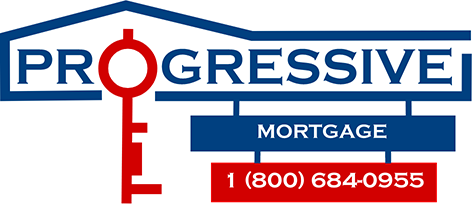Non-Conventional Loans
Non-conventional loans can also be thought of as government loans. These loans are backed by the government, offering different and sometimes more flexible products for certain buyers. In many cases, non-conventional loans can help you obtain a mortgage when you otherwise may not have met conventional guidelines. There are several non-conventional loan programs such as:
- FHA loans (Federal Housing Administration)
- VA loans (US Department of Veteran Affairs)
- USDA (RHA) loans (Rural Development Housing & Community Facilities Programs)
Other Non-conventional Mortgages
Any mortgage loan not conforming to traditional and required lending guidelines could be considered a non-conventional mortgage. For instance, some lenders specialize in subprime mortgage loans to credit-challenged or riskier borrowers, and they frequently feature loan or borrower-specific credit terms. Real estate property investors are also another class of borrower in need of non-conventional mortgage funding. Non-conventional mortgage loans not associated with federal government are riskier for lenders and usually include higher interest rates.
Eligibility and Qualification
Not every loan product insured or guaranteed by the federal government is open to every homebuyer. Each non-conventional loan program has its own qualifications guidelines, and requirements that must be met. For example, VA mortgages, for example, are only open to eligible military veterans or family members. FHA loans are required to have the borrower pay monthly mortgage insurance. USDA loans are only for properties that are located in a designated "rural area." Of course there are other aspects that will be looked at for these loans too – such as credit scores, income, and other debts that must be paid off.



